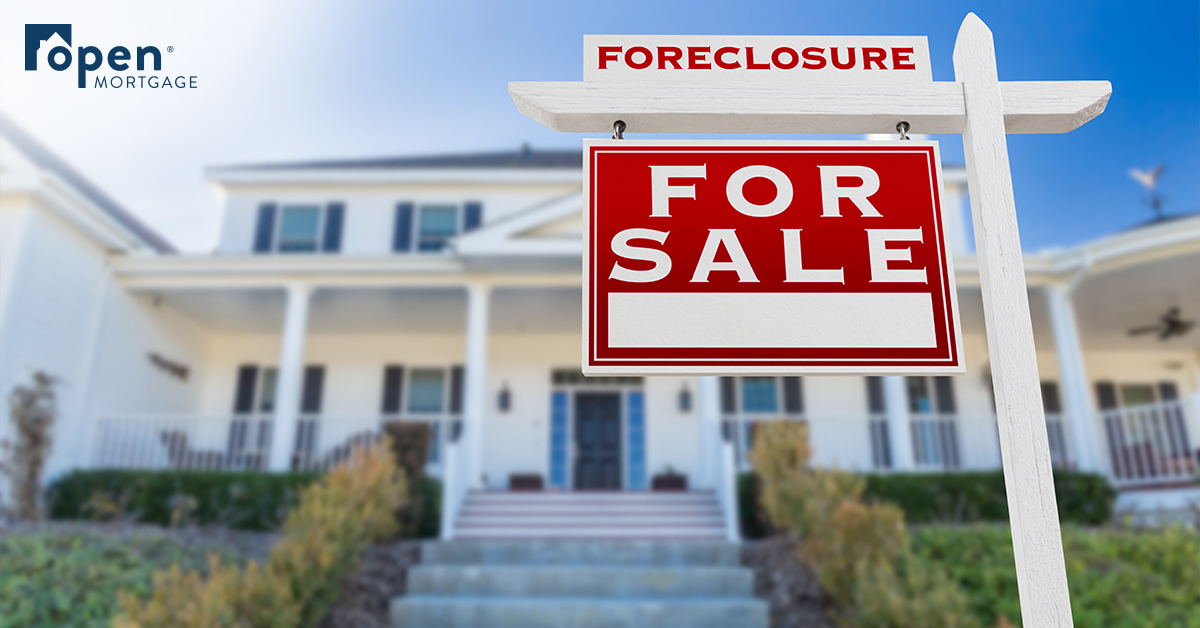
Set Your Expectations for a Successful Foreclosure Search
Although they are getting harder to find, foreclosed homes continue to appeal to bargain-minded homebuyers. Since these properties are rarely in pristine condition and are owned by banks motivated to sell them, they can offer an affordable entry into homeownership.
Of course, the condition of the home, competition from investors, and a restrictive purchase process can all add unique complications to capitalizing on the potential. If buying a foreclosure is in your future, the appropriate expectations can clear a path to success.
Auction vs. REO
One way that bank-owned properties are commonly purchased is at an auction. While auctions are enticing due to the likelihood of a deep discount, they can be a challenge for traditional buyers.
An auction of foreclosed homes will typically require the winning bidder to pay in cash, at the exclusion of anyone planning to rely on a mortgage to make their purchase. In addition, the sale is often completed without allowing bidders to carefully inspect the property, and without any guarantees of condition. These conditions give professional investors a decided buying advantage.
Don’t give up hope, however. Many properties, often those that fail to sell at an auction, end up as a real estate owned (REO) property that is listed for sale with a real estate agent, in a similar fashion to more familiar real estate transactions.
Start Strong
If pursuing an REO sounds like the more appropriate option for your home search, there are some essential strategies to keep in mind. First, a conversation with a lender can clarify your options and define the parameters of your search. With a budget in mind, consider starting your search with the inventory of FHA foreclosures at the HUD Homestore. Working with a Realtor experienced in the foreclosure market is required to make an offer on these properties, and can be a valuable asset regardless.
Because foreclosures often draw the interest of investors, it’s also important to make a strong initial offer if you find a property that fits your needs. The bank’s interest in selling quickly often results in a list price with minimal room for negotiation. Despite the foreclosure status, resist the urge to make an unrealistically low offer that could result in missing out altogether.
Prepare for Repairs
The as-is condition of buying a foreclosure is another reason your lender search should be a priority. In most cases, you will need funds for repairs after closing, so the mortgage details are imperative. Financing could vary from a conventional mortgage to a less-common 203(k) renovation loan for properties needing substantial improvements. Just remember not to skip a home inspection, so you’ll have a clear understanding of the required repairs.
Whether your next home will be a foreclosed fixer-upper or a flawless new construction, Open Mortgage has experienced originators to find the right loan for you. Visit OpenMortgage.com or call us today for more information.
 Search
Search




